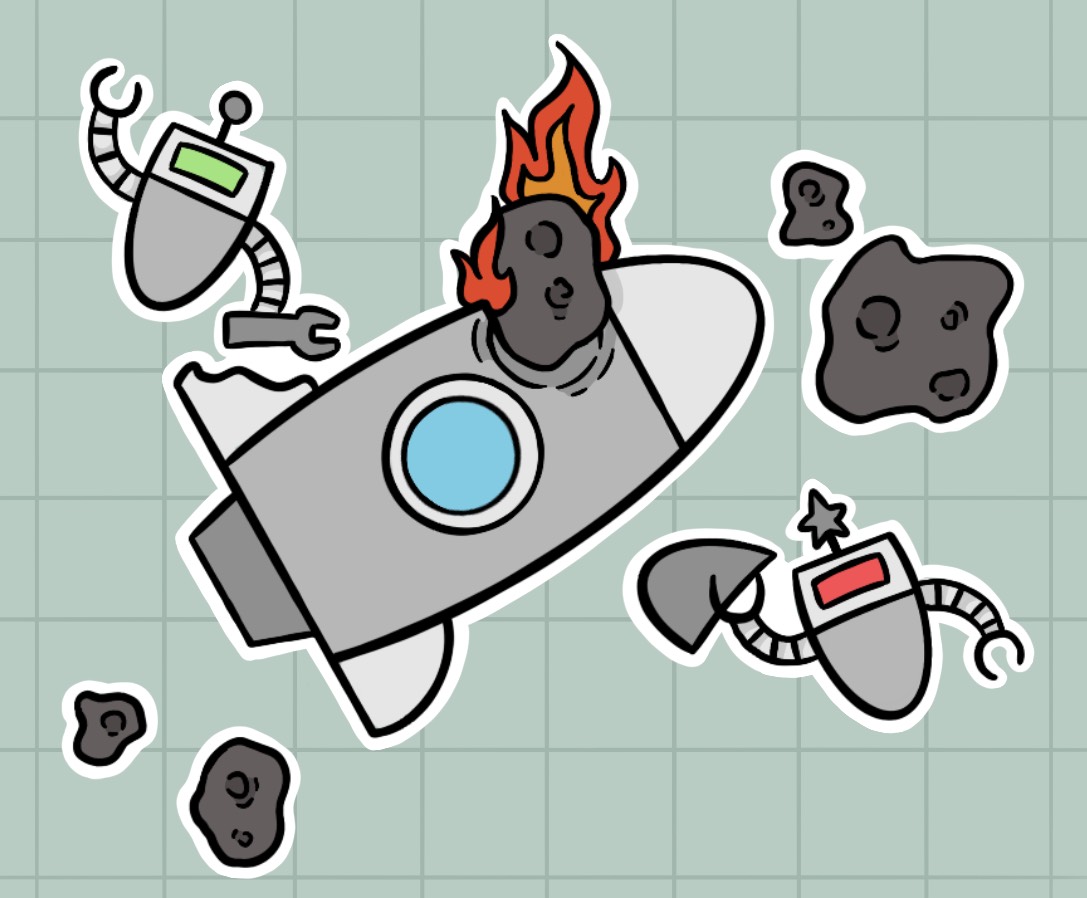On Sep. 26, South Carolina Governor Henry McMaster declared a state of emergency in preparation for the imminent destruction known as Hurricane Helene. In its wake, 220 people were killed with hundreds more missing. In a matter of weeks, chaos has already inundated the state and its impact was felt beyond the southeastern United States, and has been a critical wake-up call for the rest of our nation.
Locations/Movement
Helene initially started brewing on the Yucatan coast as a Category 1. Overnight, it upgraded to a Category 4 on its journey up north. With wind speeds faster than the average car, Helene struck Florida’s gulf in a murderous fashion and continued through Tennessee, Georgia and parts of Kentucky, Missouri, Ohio, Indiana and Alabama. As of today, the hurricane has dissipated, however, it left a trail of destruction in its wake. What remains looks like a Hollywood set come to life. Homes were diminished to sticks and supports, cars were swallowed by the water or crushed by debris and streets were flooded with rain-blanketing hazards such as exposed steel poles that used to bind the street together, chunks of wood from homes and ravaged streets’ detritus flowing fast beneath the depths.
Perspectives/Solutions
Amarillis Graham is a junior at Ida. B Wells High School, whose father is on Wynfield HOA’s Board of Directors of South Carolina, is working hard to rebuild the community.
“The board is in contact with everyone…they have everyone’s phone number and have found many people…however, there are some missing and one was in poor condition,” says Graham. “We’re not entirely sure how we’re going to cover everyone financially during this time, but my dad has an emergency fund that he’ll give back to the community to help out any way he can.”
Property damage has concerned the Federal Emergency Agency (FEMA), resulting in two hundred million dollars of support money for property damage and a dual response in preparation for Hurricane Milton, an overnight category five prepared to obliterate anything in its path.
What’s next?
The South has experienced yet another hurricane, if you or your loved ones live in the affected states, remind them to stock up on food, water, and essentials, and to evacuate their location immediately, as warnings have already been issued. The Upstate cautions everyone that “Milton has the potential to be one of the most destructive hurricanes on record.” Evidently, Milton has lived up to this statement by contesting to be one of The Atlantic’s strongest hurricanes with top wind speeds over 180 mph. Its intensity is often compared to Hurricane Wilma which hit in 2007. “Evacuation is a matter of life and death,” says President Joe Biden. “My Administration is sparing no resources to support families on the road to rebuilding,” he reassures. While Biden’s reassurance is backed by action, the bigger issue isn’t tackling the hurricanes, it’s global warming. It’s no secret our planet is overheating due to our lack of diligence when it comes to caring about the well-being of Earth.
“Since 1901, the average temperature of 48 states has risen and will continue to rise…The North, the West, and Alaska have been impacted the most. On a global level, 2014-2023 have yielded the warmest decade on record,” says the United States Environmental Protection Agency (EPA).
Due to the increase in temperature, our ice caps are melting, resulting in higher sea levels globally; submerging countries, affecting our weather patterns, and increasing the frequency, intensity, and unpredictability of natural disasters. The Scientific American says “…Milton’s path was between 400 to 800 times as likely to occur because of global warming.” The Environmental Defense Fund (EDF) says, “Evaporation becomes more intense leading to heavier rainfall, stronger winds, and an increase in flooding when storms hit land.” With all this in mind, were these disastrous hurricanes the root of a lack of faith in religion? Or a bigger problem that we have yet to tackle ourselves?









